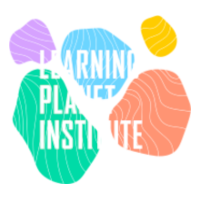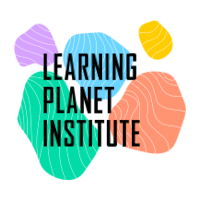Our Curriculum
The Master of AIRE program provides students with a robust competency framework that addresses sustainability challenges through a multi-faceted approach. Aligned with global frameworks such as Rieckmann's sustainability competencies and UNESCO’s educational guidelines, the programme fosters the development of Knowledge, Skills, Attitudes, and Values necessary to address complex real-world problems.
Key Competencies:
- Systems Thinking & Complexity: Develop an understanding of the complexity and interdependence of sustainability & planetary health-related issues
- Critical Thinking: Cultivate the ability to critically assess information, formulate questions, and evaluate sustainability initiatives
- Collaboration & Communication: Enhance skills in teamwork and inclusive collaboration across multidisciplinary teams
- Ethical Decision-making: Engage in ethical practices and promote equity and justice in sustainability initiatives
- Interdisciplinary Work: Learn to collaborate across disciplines to develop innovative solutions for planetary health challenges
- Creativity & Innovation: Develop creativity and innovation in designing solutions for sustainability through FabLab projects for Frugal Prototyping.
- Digital Literacy: Expand your proficiency in using digital/AI tools and platforms to support sustainability efforts.
Pre-arrival Activities: provide a foundation for students before the programme officially begins. These activities may include enrolling in MOOCs recommended by the teaching and learning team, covering topics such as data science, statistics and sustainability.
Core/Mandatory Courses: These mandatory courses form the backbone of the curriculum and provide essential concepts for understanding planetary health, sustainability and interdisciplinary approaches.
Elective Courses: These courses allow students to specialise in areas aligned with personal interests and career goals.
Experiential Learning & Research: The Master’s program emphasizes experiential learning through internships, collaborative projects, and research-based coursework. Students are to complete at least one internship of a minimum of 4-6 months in the first year (M1) followed by two to three internships lasting a total of 9 months in the second year (M2). These internships provide hands-on experience in real-world settings, giving life to the competencies you will have acquired.
French courses: French-language lessons of all levels are offered free at the language centre on the main campus of Université Paris Cité. Students must register separately for these courses.






